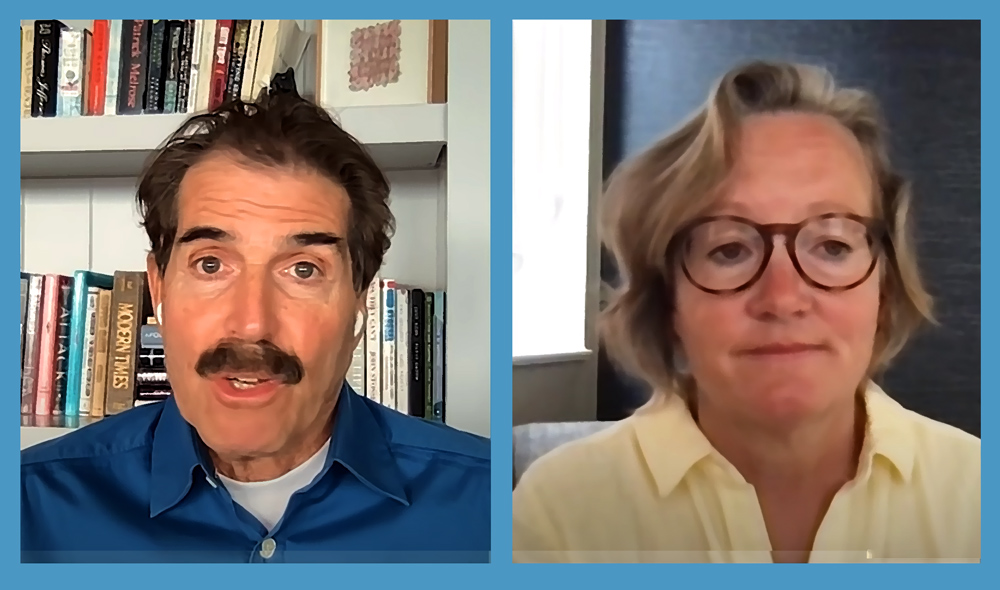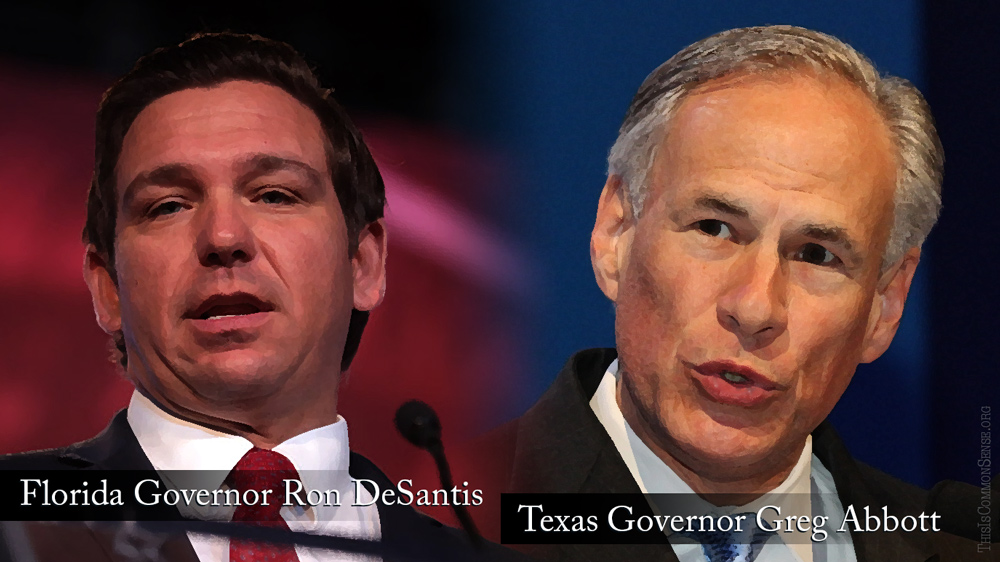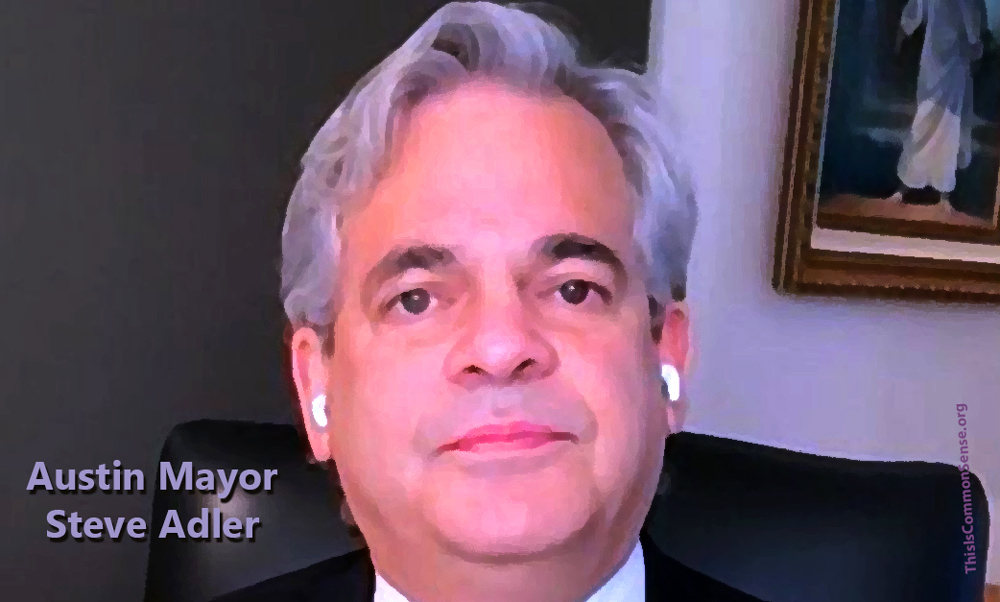Has our ‘wife, mother, and daughter’ betrayed us?
In late March, Dr. Rochelle Walensky, the head of the CDC, went off-script (her words), reflecting on what she called her “recurring feeling” of “impending doom.”
COVID case numbers were up. “We have so much to look forward to, so much promise and potential of where we are and so much reason for hope,” she said. “But right now I’m scared.”
You might think this is no way to lead a country in a crisis — after all, she had just been given the top job at the Centers for Disease Control.
“I’m speaking today not necessarily as your CDC director,” she pressed on National Public Radio, “not only as your CDC director but as a wife, as a mother, as a daughter to ask you to just please hold on a little while longer.”
Last Monday, Dr. Walensky “first signed off on changing her agency’s mask guidance,” The Washington Post reported, only to continue “to defend the CDC’s sweeping guidance that Americans wear masks in public, including in a Senate hearing Tuesday,” before Thursday’s announcement that the vaccinated don’t need to go about wearing masks, indoors or outdoors, for their own sake or others’.
The policy lurch leaves us in some weird territory. If the vaccinated may go about un-masked, then the unvaccinated should remain masked — yet it remains illegal (courtesy of HIPAA regulations) for businesses to ask about our medical records. Which implies, for want of enforcement, the controversial (and unwanted) “vaccine passport” idea.
Further, many who have endured the disease claim immunity. Others who have had COVID, like Dr. Jordan Peterson, took the jab because they were told their immune levels were too low.
But “the science” on that is far from settled.
Thankfully, the CDC is not really in the regulation business. And increasingly Americans on all sides are ignoring Walensky, Fauci and Co.
This is Common Sense. I’m Paul Jacob.
—
See all recent commentary
(simplified and organized)





